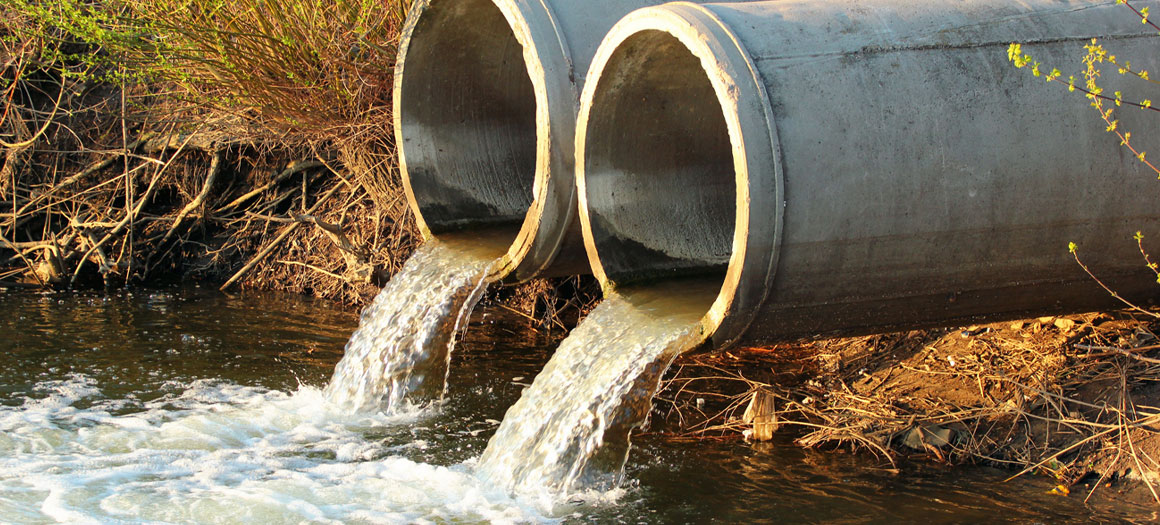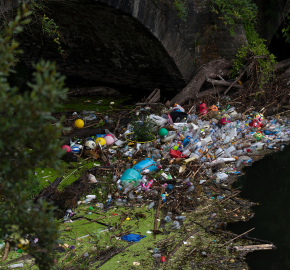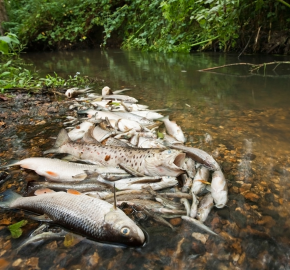Government’s Strategic Policy Statement for water presented to Parliament

The Government’s Strategic Policy Statement (SPS) for water has been laid before Parliament today.
The report urges water companies to do more to protect the environment which simply isn’t enough and fails to tackle the urgency with which change is required.
Alongside the Angling Trust, Wildfish (formerly Salmon & Trout Conservation) produced Time to Fix the Broken Water Sector – a major report that concluded Government need to be demanding water companies to do more to protect the environment, not simply urging them to.
Guy Linley-Adams, Solicitor for WildFish, said:
“Irrespective of what the SPS says, the law is the law and has been since 1991. The water companies must treat their sewage and make it harmless and innocuous before effluent is discharged.
That is the legal duty on the water companies. If they fail to do that, then OFWAT can and should enforce that duty, as it has been able to do since the Water Industry Act 1991 became law thirty years ago.
But let’s not pretend here that the solution lies anywhere else but with DEFRA.
This is about political will.
Either the Minister decides to tell OFWAT to stop sewage pollution of our rivers, including making sure that storm overflows only operate after exceptional rainfall, or she continues the pretence of seeming to act, while actually not doing very much at all, and the water companies continue to run riot as they have done over recent years”.
The Government’s Strategic Policy Statement can be found here.
Key findings from the Time to Fix the Broken Water Sector report are highlighted below.
- Failure of OFWAT to take environmental issues seriously in the past.
- A £10 billion investment funding gap over the last 10 years.
- The declining condition of rivers and streams due to 400,000 extra sewage spills last year.
- England has only one site on a river seeking to achieve ‘bathing water status’ compared to 32 in Germany, 76 in Poland and 420 in France.
- The absurd expectation of a 2,000-year lifetime for sewage pipes and other infrastructure.
- Failure to build any new reservoirs in the southeast despite a 3 million population increase and huge projected growth in house building.
- That lack of investment in water supply has seen excessive groundwater abstraction drying up some chalk streams altogether and damaging many other rivers.
- The impossibility of delivering commitments in the Government’s own 25 Year Environment Plan and our legal obligation under the Water Framework Directive.
- Failure of both the Government and OFWAT to pay any heed to the promises in the 2011 water white paper or indeed the warnings from the National Infrastructure Commission and the National Audit Office about the pressing need for investment in water and sewerage systems to address the challenges of climate change and population growth.
- The prospect of severe drought events causing parts of southern England to run out of water within 20 years.
- That the consequences of failing to invest in water infrastructure will cost more in the long term – £40 billion versus £21 billion and thousands of jobs.



